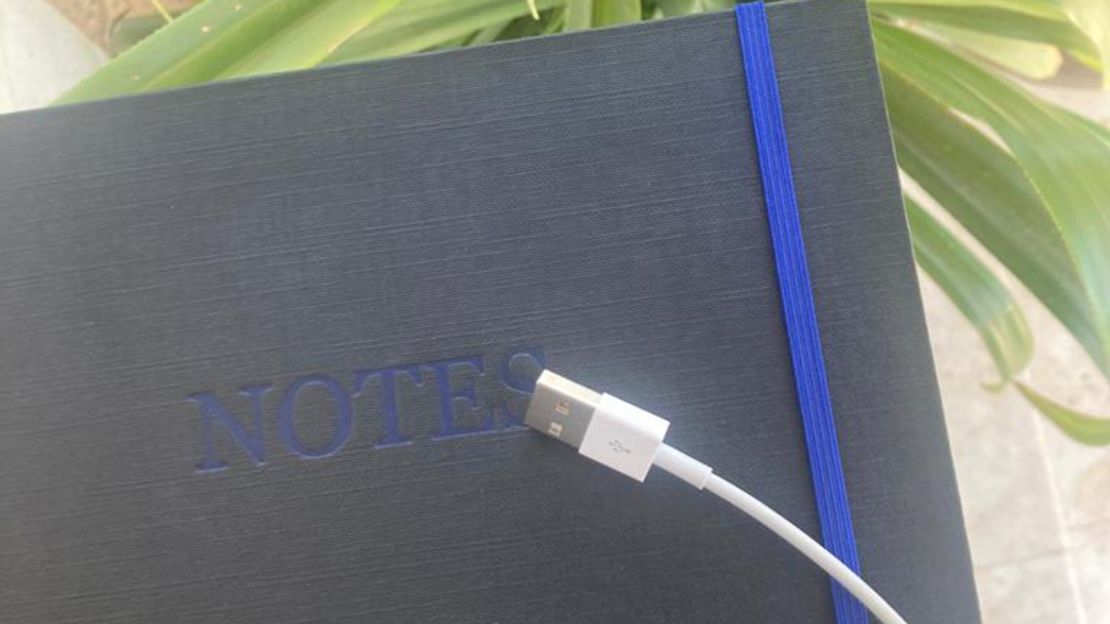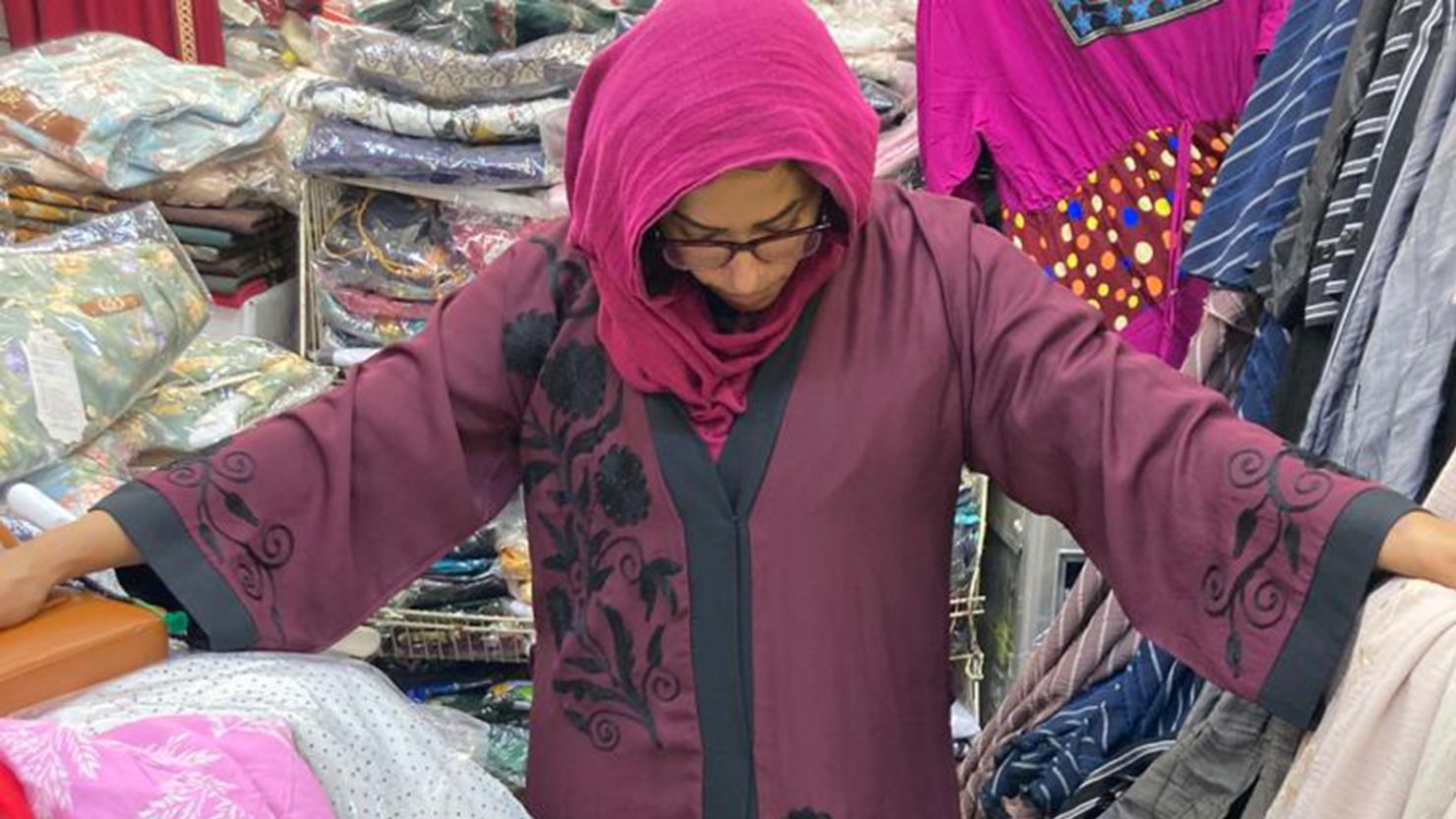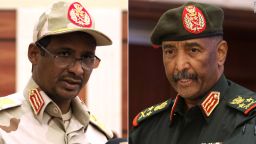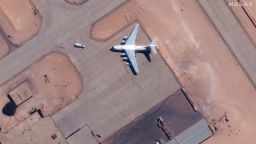Two men are battling for control in Sudan, but stuck in the middle are the country’s people.
Hundreds have died, tens of thousands have fled. Residents have been stranded at home and in shelters without food or water, and petrol has become an increasingly important commodity.
Since the fighting began last Saturday, CNN has been regularly in touch with Iman Abu Garjah, a British-Sudanese doctor who became stuck while visiting family to celebrate Ramadan.
We got this update from her on Friday. Her words have been edited for clarity.
Iman’s story
“I’m tired. I’m just really, really tired. Exhausted is the right word for it; burnt out. There’s just so much adrenaline.
“We were happy about the 24-hour ceasefire [earlier in the week], which was extended, not because there actually was a ceasefire, but there was spacing out between the attacks.
“[On Thursday] we all just felt really tired, we were still fasting in the midst of all of this, and everybody’s sentiment was Ramadan just has to come to an end.
“I prepared supper, made some sunny side up eggs, trying to make something nice out of a can of tuna. I tried to moisten some stale bread.
“Very late at night, we heard, I don’t know what they were, missiles maybe?
“My dad has quite limited mobility because he’s sick. He’s been lying sleeping on this sofa bed. We just had to just push him from the living room where he has been sleeping to a safer area where there was a wall covering rather than just windows.
“My cousin is also with us. My daughter was absolutely mortified and just inconsolable. My 96-year-old grandmother was in a room behind the place we were sheltering in. She could hear the shelling, she can feel the shaking, the sound coming into the house but I downplayed it for her. My mother was there as well. My sister.
“We also have with us domestic helpers. There’s one from Kenya. She’s not Muslim so I started reading the Lord’s Prayer with her. I thought maybe it will bring her some solace and reassurance to know that she’s not alone.

“We also have a couple of Ethiopian house helpers, and they were very scared. I kept thinking to myself, these poor people, they flee their countries to come to a place like Sudan, far from their families, to make money to send to them or to go to a safer place and this is what happens to them. It just seems so so unfair.
“I think there were two or three very very loud thuds that were very close to the house. We just started reading [the] Quran, praying that we were going to be safe trying to calm the children. I wish I was an octopus so [I] have more hands, hands and arms to put around people just to hug them.
“[Friday] has been a blur. I didn’t hear any of the Eid call to prayers, which is one of the things that usually fills me with a lot of joy. It’s one of the main reasons I came from the UK because I just wanted to have a nice fast with family and here it is. All the Eid clothes are in the bag. The nail polish, the hair stuff. I didn’t even put my mascara on. So it’s a really sad day.
“A lot of people are fleeing. There are a lot of people offering places on buses to go to Egypt. Ours is a logistical nightmare. It’s a big family and each person or each group of people or household has different requirements. Moving [my grandmother] is not going to be like moving my eight-year-old nephew.
“My brother’s daughter has certain health needs, she needs access to certain medications. My mother, my father, my grandmother and my sister, they also would all feel very poorly, or maybe not even survive if they don’t have their medications.
“We try to be positive. We try to play games, we try to watch movies, but our attention span has just completely gone. No one can sit and watch a movie.
“I focus on the good stuff: we have oil, we have electricity, we have running water because the water tank is working. We have cars in the driveway but no petrol for them.
“I’m avoiding the news. Statements by both parties seem to have the same author: I am your saviour and victor. I know they are both untruthful, manipulative, blood thirsty men with no regard for the dignity nor lives of the people they are paid to serve and protect.





